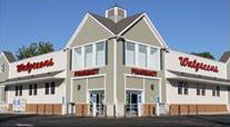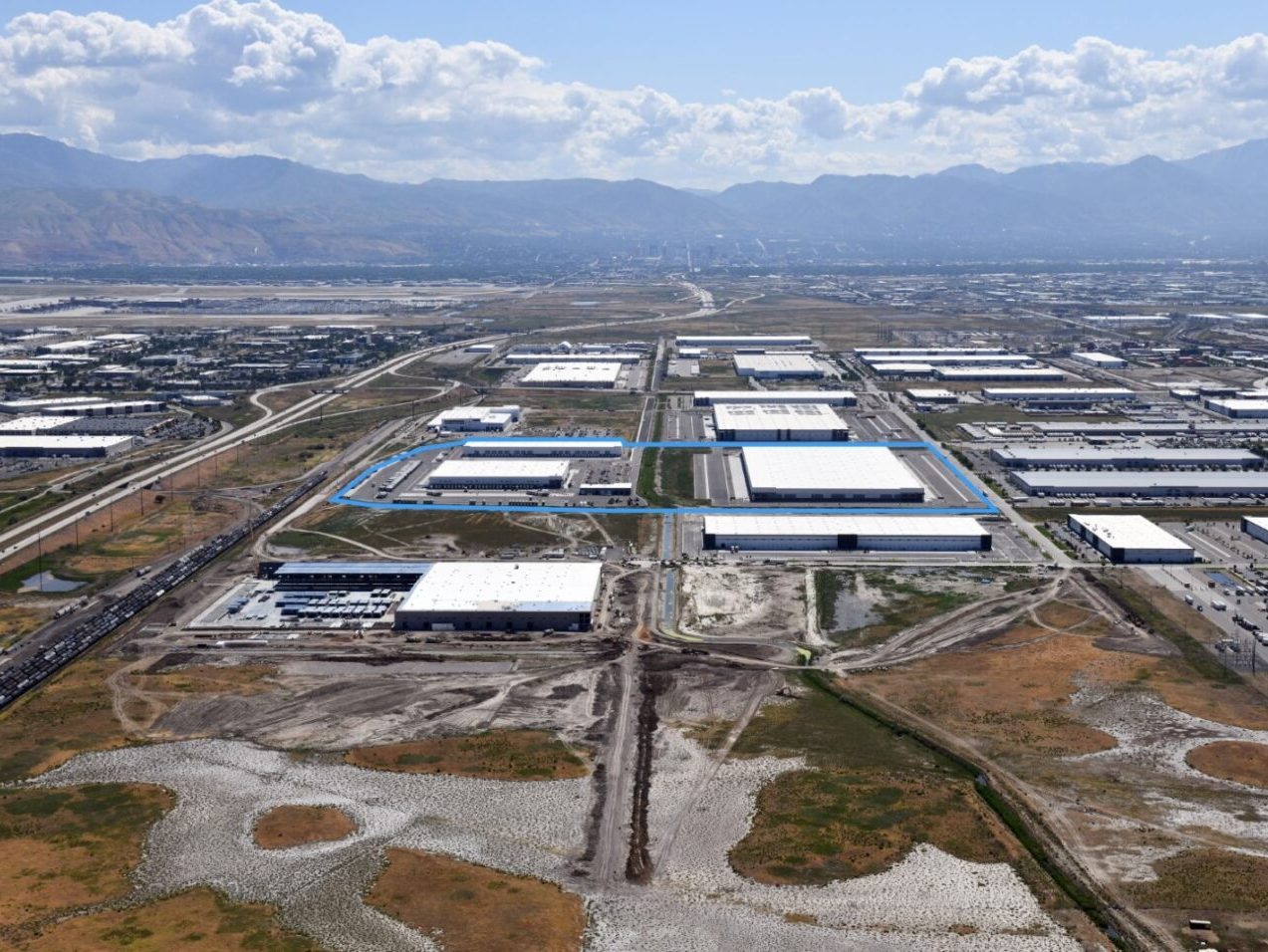Nine-Property Net-Leased Walgreens Portfolio Sells for $69M
Investors can't seem to get enough of the net-lease market: An unidentified institutional investment firm beat eight others in a bidding war, acquiring a 117,600-square-foot portfolio of nine Walgreens stores on the East Coast for $68.7 million.
By Barbra Murray, Contributing Editor

Investors can’t seem to get enough of the net-lease market, as evidenced by the crowd of eager buyers that recently vied for a portfolio of nine East Coast properties occupied by Walgreens. An unidentified institutional investment firm based in the Midwest emerged victorious and acquired the 117,600-square-foot group of assets for $68.7 million, including the assumption of existing debt, from a private investment company.
“Investment grade has a plethora of buyers looking for the stability,” Randy Blankstein, president of investment real estate services firm The Boulder Group, told Commercial Property Executive. Boulder marketed the assets on behalf of the seller, a partnership of four individuals who were ready to go their separate ways for various reasons and determined that putting the portfolio up for sale was a good way to make an exit.
Most of the triple-net leased Walgreens are located in submarkets of major metropolitan destinations. Two of the assets, one in Mount Ephraim, N.J., and another in Sewell, N.J., are part of the greater Philadelphia market. A property in Ledgewood, N.J., sits just outside of New York City, and the Walgreens stores in Brockton and Melrose, Mass., are located within the Boston MSA. The four remaining Walgreens are located in Berlin and Branford, Conn., and Dover and Derry, N.H. The group of properties boasts leases with 20-year terms.
High net worth individuals pursued the portfolio, as did international investors, 1031 exchange trade buyers, and institutions. The competition was steep, which comes as little surprise given that, as noted in a first quarter report Boulder, the amount of net-leased properties occupied by a single investment-grade tenant under a long-term lease remains limited. “It’s kind of a national and global search for yield, as treasuries and other competitive products aren’t offering the yield you see today in long-term investment-grade assets,” Blankstein said. “There’s been a flock to that based on where interest rates are primarily. So that’s why there’s a strong demand for this type of product.”
The average cap rate in the entire single-tenant, net-leased retail sector rose slightly in the first quarter, as per Boulder’s report; however, for Walgreens stores, cap rates continued to compress, with a quarter-over-quarter decline from 6.5 to 6.45 percent. Strong investor interest in properties occupied by the drugstore chain is evident in various price tags. Early this year, a Walgreens in Chicago fetched $13 million, or $810 per square foot. And in May, the trade of a Walgreens at $1,736 per square foot marked a record as the most valuable single-tenant drugstore transaction in U.S. history in terms of price per square foot. In the recent deal involving the East Coast Walgreens portfolio, Boulder handily secured a sale total that was within one percent of the asking price.
Indeed, chain drugstore-occupied properties are high on the investment radar, but not every single-tenant net-leased asset has buyers rushing to shell out the big bucks. “You’re still finding risk-aversion out there where there are shorter-term leases or second-tier credit tenants; that market’s still emerging from a few years of fairly limited activity,” Blankstein noted. The challenge of obtaining financing for such assets and trepidations regarding risk-reward terms, he added, have yet to make that segment of the market attractive. “So when people are uncertain about that part of the market, everyone flocks to what’s considered core in the net-lease market, which is long-term investment grade.”







You must be logged in to post a comment.